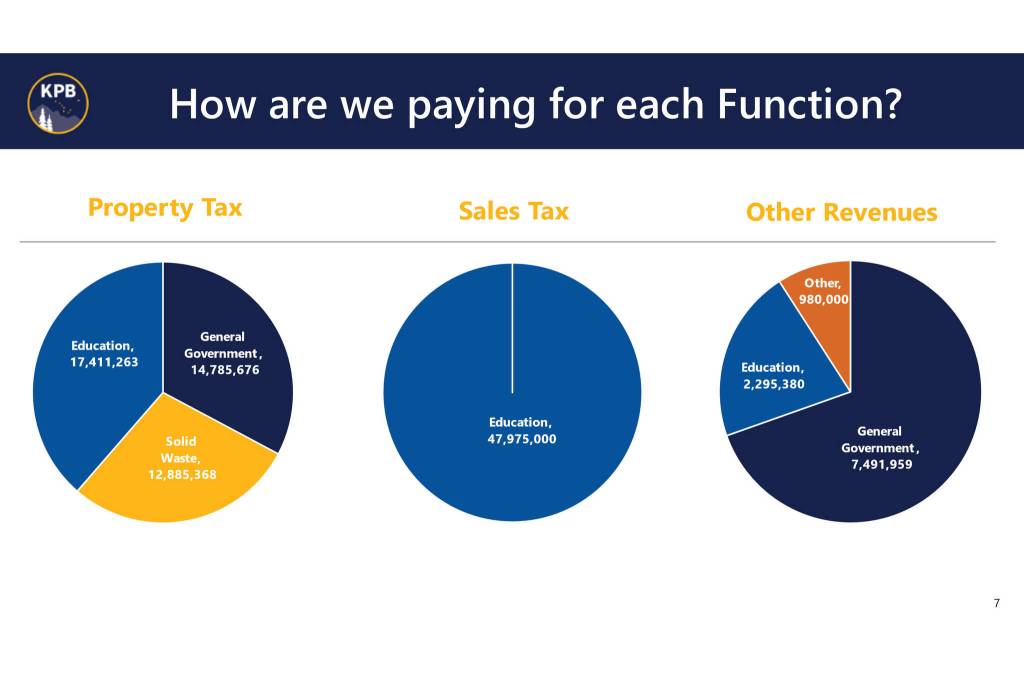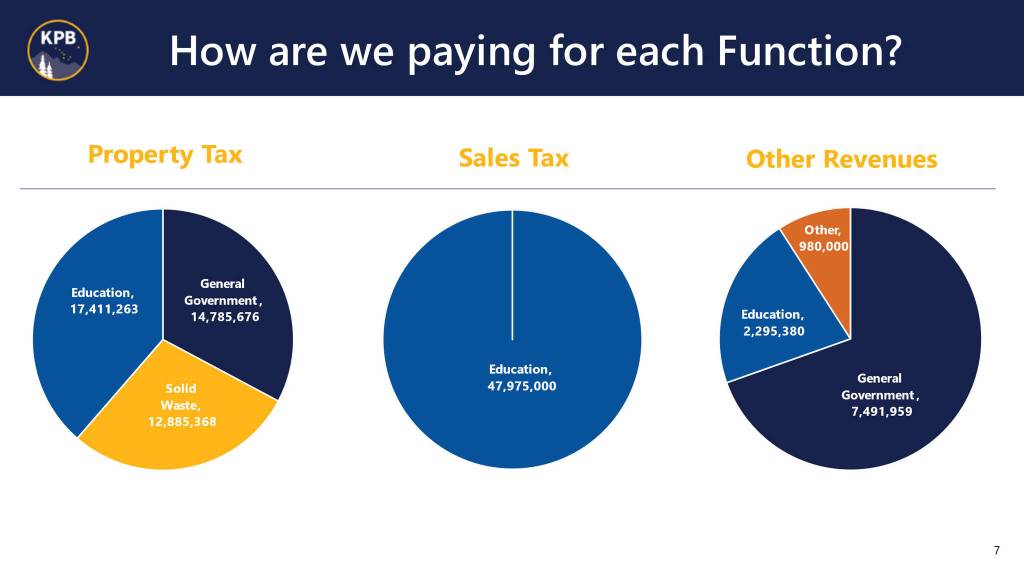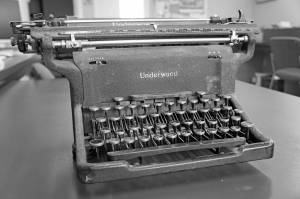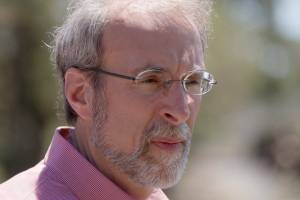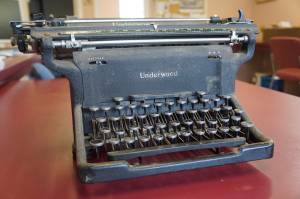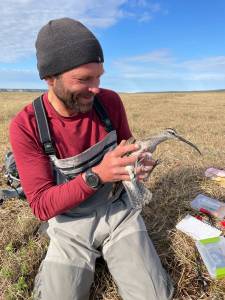Opinion: Taxes, adequate education funding and putting something back into your pocket
Published 5:30 am Friday, May 2, 2025


Your KPB property valuation and likely your property tax bill has increased over 30% since FY23, and the school district is facing a $21 million shortfall. Neither of those figures is sustainable, and the KPB taxpayers simply can’t make a dent in the education funding deficit by themselves, nor should they be asked to do so.
There are some who are advocating for the Kenai Peninsula Borough to “fund education to the cap.” It’s essential to understand the impacts that would have on taxpayers and even our schools. The primary responsibility for funding schools lies with the state. Boroughs, such as KPB, make local contributions. Every penny of sales tax paid in the borough goes directly to schools. It is not enough to adequately fund KPBSD, which is why the borough has to supplement school funding with a growing proportion of property tax dollars. By federal law, there is a minimum and a maximum amount KPB can contribute to education funding. That maximum, referred to as “the cap,” is based on assessed valuations of local property which have soared in recent years. As property values increase so does the cap or maximum amount the borough can contribute to schools. Funding to the cap would be completely unsustainable for taxpayers whose property taxes have already increased dramatically because of valuation. If we funded to the cap every year, by 2034-35, you, the taxpayer, would be paying a greater share of education funding than the state.
My job is to run the KPB to deliver the best-quality services possible at the lowest cost to you, the taxpayer. We know that due to increasing costs, families are struggling and having to make very difficult financial choices. While the school district’s budget continues to increase, our KPB budget has flattened and my proposed budget this year is less than last year’s KPB budget. If my mill rate reductions (which are proposed at their lowest since most residents were born) pass the assembly, most KPB residents will pay less in KPB property taxes than they paid last year. This accomplishment has required an extraordinary effort by this administration and borough employees. We have challenged every number, column and line of spending and tightened our belts on a daily basis to arrive at that result without a negative impact to borough services.
Why is that important? It is important because rising costs from inflation, property taxes, high cost of housing, mortgage rates and insurance have pushed many families with children out of our borough. A revealing trend lately demonstrates a steadily increasing senior population and an inverse decreasing population of children (2-17 years of age) and their parents in the KPB. We at the KPB must do our part to reduce those costs where we can, which is why I am attempting to lower taxes and cap assessment increases. We have also had some success encouraging new, affordable housing and are introducing a new Land Affordability Plan specifically for KPB residents.
We have approximately 3,500 fewer kids attending our schools than we once had. Every child who leaves decreases state school funding and creates a greater gap in the KPBSD budget. We are laser-focused on improving that situation to keep families here and to rebalance the current trend. It is all connected.
The fact that KPB consistency funds above 90% of the maximum contribution every year demonstrates that the KPB and this administration value education and remain the most generous similarly situated borough in the state. We plan to continue that level of funding, but supporting an unsustainable model will have a direct adverse effect on the families of the Kenai and, quite frankly, the school district.
Funding the majority of education is the state’s constitutional responsibility. Taking the heat off of the governor and the Legislature before they have even decided the base student allocation amount is counterproductive in solving the inadequate funding problem facing schools throughout Alaska. My budget funds education at $57.6 million, and leaves an option for additional financial assistance to KPBSD education once state funding is known.
While others’ goals are to starve out education through draconian cuts or use school funding for political leverage, my goal is to create a sustainable slow and steady 2.5% increase for schools annually. If the State of Alaska could manage to deliver a similar plan, we wouldn’t be having this conversation and districts would be forced to live within the same budget constraints that you see in the KPB budget. This approach is how I have gotten the borough’s spending under control, which under the previous administration was growing at 8% a year. We don’t need more tax revenue at the KPB to deliver the services you expect; we actually need less.
While every department of state government has seen an increase in their budgets since 2017, education has been held relatively stagnant. Inflation is a very real factor that has to be accounted for, and that has not been the case for one department — education. The solution to this funding crisis lies with your Legislature and the governor. I hope you will join with me in putting the necessary pressure on them to do their jobs — not to overfund, but to adequately fund education. Boroughs cannot make up for their dysfunction. When local governments attempt to mitigate these shortfalls, they help the state shift their responsibility of funding schools to local taxpayers. If you are one of those property owners, believe me, your pockets are not nearly deep enough to save education.
Once funding has been approved for education by the Legislature, we will know where we stand. If there needs to be supplemental funding appropriated by the KPB to help the school district function, we will certainly work that out with them. To do so before the Legislature and governor have closed out the session and decided education funding lets those with the ultimate responsibility “off the hook.” That is a fool’s errand.
School advocates have to put their trust in their local leaders (many of whom, including me, have their own children in the school system) to fund schools and our children’s education. My interest is to fix this broken system rather than slap another Band-Aid on it with one-time funding. That is going to take time and planning. In the meantime, my administration will support schools and students here on the KPB with the sustainable funds we have available.
It’s going to take more than funds to fix this problem; it’s going to take leadership and a united front putting pressure on the state who has the constitutional responsibility to fix this problem. We remain committed to doing our part with our local share in a fiscally responsible, controlled and affordable manner. We will do our part. That you can count on.
Peter Micciche is the Kenai Peninsula Borough mayor.

